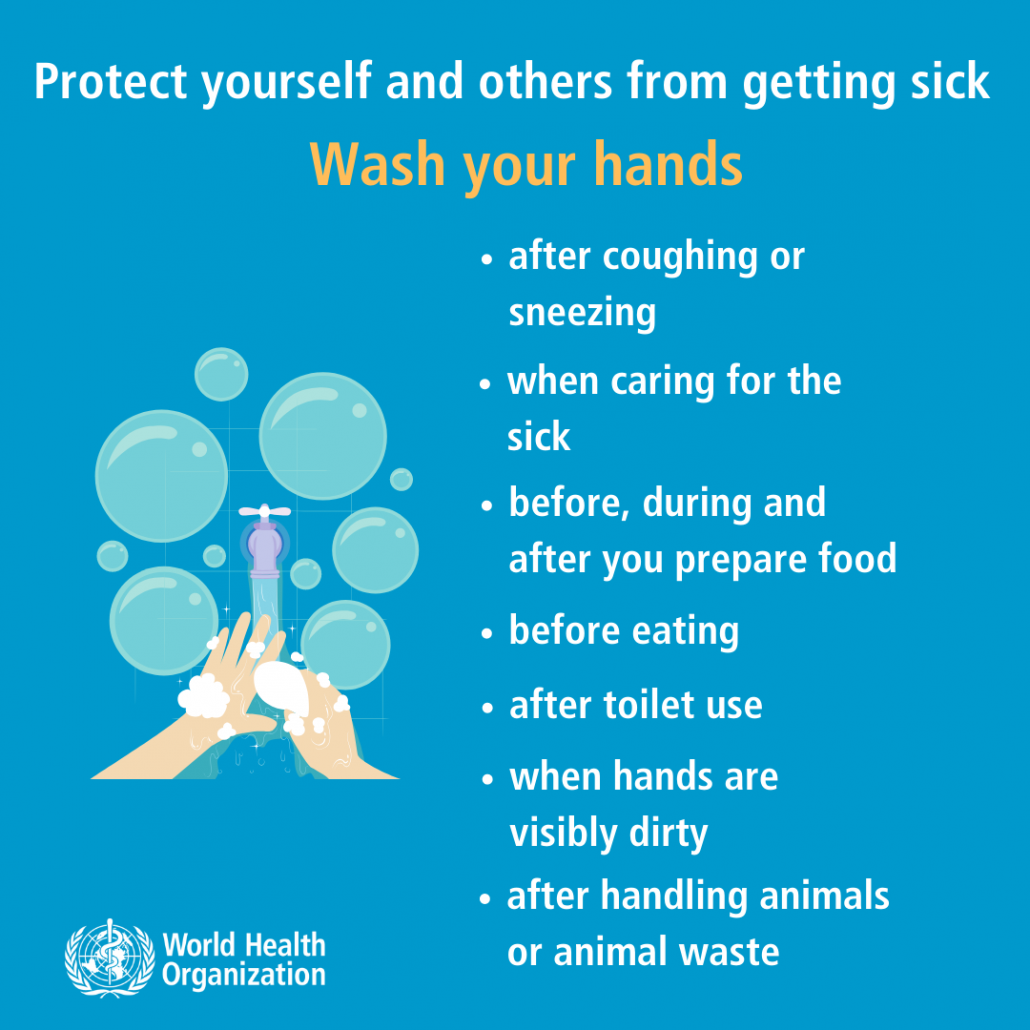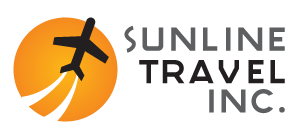Advice for coronavirus: Everything you need to know Before Travel
What is Coronavirus?
Coronaviruses are a large family of viruses that cause illness ranging from common cold to more severe diseases. A novel coronavirus is a new strain which is not previously identified in human. It is discovered that coronaviruses are transmitted between animals and human being. The most commonly recently discovered coronavirus cause coronavirus disease called as COVID-19. This new virus and disease were unknown before the outbreak started in Wuhan, China, in December 2019.
CDC’s recommendation
Center for disease control and prevention (CDC) has established geographic risk assessment stratification according to which travelers should avoid non-essential travel to China, Iran and most of Europe.
Precautionary measures for travelers
The outbreak of COVID-19 continuous to evolve so, travelers must do few things to help protect themselves from the exposure of this new virus.
Know the symptoms
Travelers must know the signs and symptoms of coronavirus in order to protect themselves. Symptoms can appear in 2 to 14 days after being exposed to virus. The most common symptoms of COVID-19 are tiredness, fever and dry cough. Some people may have runny nose, aches, diarrhea, sore throat and nasal congestion. About 80% people recover from the disease without any special treatment. Only 1 out of every 6 people who gets disease becomes seriously ill. Older people, and those having medical problems are more likely to develop serious illness.
Regular monitoring of travel advisories
Travelers must carefully follow guidance from the World health organization (WHO) and CDC and monitor evidence-guidance. They must be prepared for travel restrictions to be put into effect with little or no advance notice.
Use facemasks
Use facemasks for personal protection even If you are fit and well, with no symptoms, wearing facemasks as a general prevention measure is helpful in order to minimize the risk of transmission. Your mask should cover mouth and nose and avoid touching your mask once it’s on.
Immediately discard single use mask after each use and wash your hands after removing it.
Wash your hands
Wash your hands often with soap and running water for at least 20 seconds. If soap and water are not available use alcohol-based hand sanitizer that contain at least 60% alcohol.

- Avoid touching your mouth, nose and eyes with unwashed hands.
- Avoid close contact with people suffering from a fever and cough.
- Cover your cough using a tissue paper instead of your hand.
Monitor your health
Monitor your health conditions before and during travel on plane. Avoid travel if you have a fever and cough. If you have a fever cough or difficulty in breathing while travelling inform crew and seek medical care early. If you seek medical attention share your travel history with your health care provider.
Take hygienic food
According to WHO travelers should eat only well-cooked food. They should sanitize their hands before eating anything.
Don’t panic
while it’s understandable that people get nervous, Dr. Katz said, “It is something to be concerned about and pay attention to and take personal precautions, but at the moment to not panic.”





